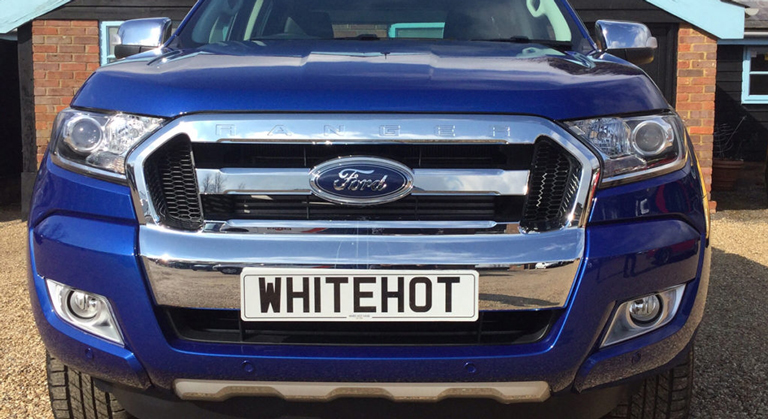What is the difference between a finance lease and contract hire we hear you ask. Simples. With a finance lease you have the residual risk of disposing of the vehicle but also the opportunity to profit from its sale.
We estimate that around 80% of our customers lease their van in this way rather than contract hire. And here is our explanation of why finance lease is so popular.
Picture yourself sat in the pub on a Friday afternoon trying to forecast the value of a three year old Vauxhall Vivaro Sportive with 30,000 miles on the clock, that has been used by a tradesman. First question we would ask is ‘what sort of tradesman?’ If he was a self-employed electrician then are already picturing how nice and clean the van might be. We are thinking metallic silver with all the trimmings and in lovely condition. It has only had a few tools in the back and a pipe tube on top. But no, it was driven by a young builder working for a large construction company who had twenty vans the same and used to swap them around between drivers. It is in white and spends its time in and out of construction sites and up and down the M1. Which one would you buy? Obvious now but when a leasing company forecasts a residual value they have to think worst case scenario. They don’t ask what sort of trade will be driving the van.
Therefore with finance lease there is always an opportunity to make a profit if you are going to look after your van, especially if you are in a fairly ‘clean’ trade. With finance lease you dispose of the vehicle at the end of the contract, whether by selling it, part exchanging it or effectively selling it to yourself. Take care of the van and you can make money. Contract hire it instead and the leasing company will benefit from your good care by making more for the van when it goes through the auction. This is one of the reasons that finance lease is so popular.
The other main benefit of finance lease is that there is effectively no mileage restriction. Yes there is an estimated mileage. A leasing company has to prudently set a final balloon based on a forecast residual value. But if you exceed the mileage then the only penalty is that the vehicle might be worth less. Based on the fact that there is already an opportunity to make a profit anyway on the van, come disposal time, there is therefore an obvious flexibility in the mileage anyway as there is a built in equity if you look after your van. The final residual has to be set at a level that reflects the expected price at auction if the vehicle was to be repossessed. Therefore it is fairly conservative and leaves room for manoeuvre.
One of the other great benefits is that you don’t pay the VAT on the purchase price of the van. The leasing company reclaim the VAT and you just pay VAT on the monthly payments. Therefore in terms of cash-flow you are not stumping up £3500ish of VAT at the start, as a deposit. The deposit is normally only three payments. And if even if you are not VAT registered it can still work well for you. Although you can’t reclaim the VAT on the monthly payments you also couldn’t have reclaimed the VAT on the van anyway. Therefore in terms of cash-flow you are effectively spreading the cost of the VAT over the course of the contract.




